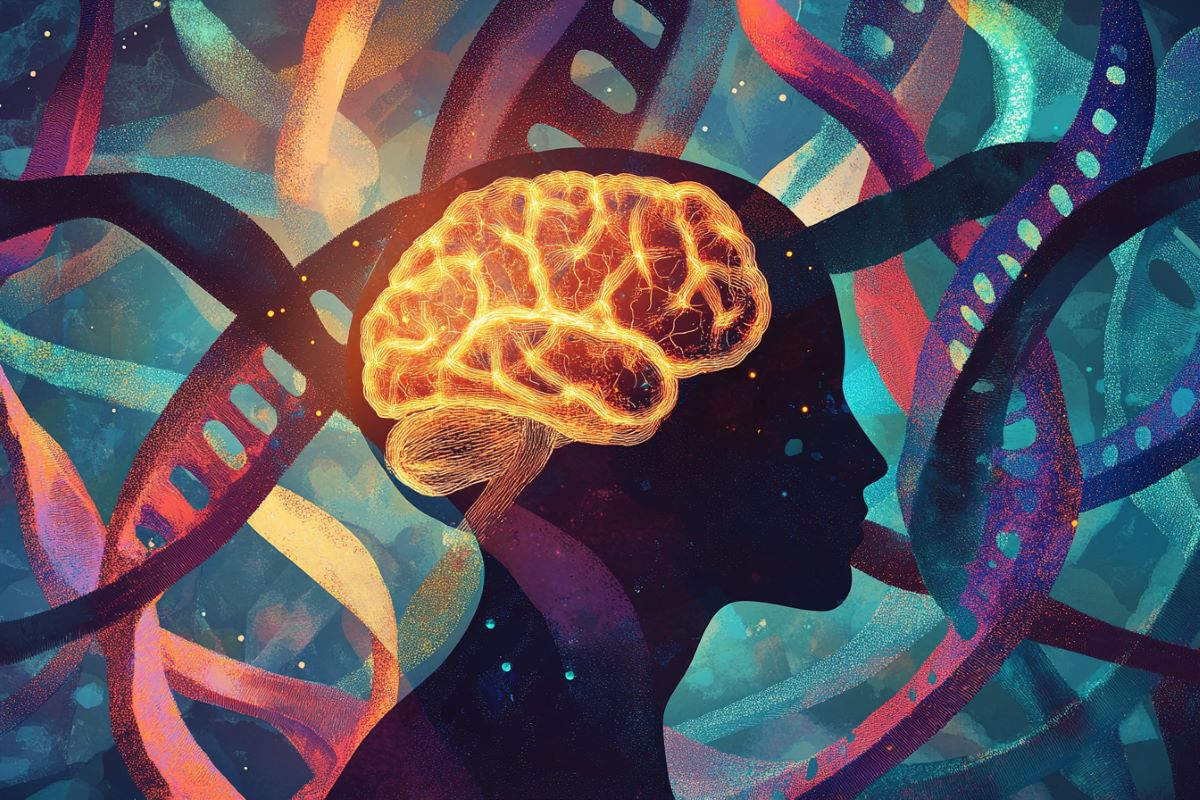Discover the New Genetic Link to Autism Identified on the X Chromosome
Unveiling the Genetic Connections to Autism
Genetic research has consistently aimed to untangle the complexities of autism spectrum disorder by identifying specific genetic markers. This recent study highlights variants in the DDX53 gene, which are more frequently found among males. The DDX53 gene's discovery not only reveals potential genetic underpinnings of ASD but also propels targeted research towards therapeutic measures and early diagnosis approaches.
Why the X Chromosome Matters
The X chromosome, one of the two sex chromosomes, plays a critical role in the inheritance of certain genetic diseases. Since males have one X chromosome compared to females, who have two, the expression of disorders linked to the X chromosome is often more predominant in males. This disproportionate prevalence highlights the importance of identifying genetic markers on the X chromosome, such as the DDX53 gene, to better understand their effect in ASD.
"Understanding the genetic basis of autism isn't just about science; it's about hope for families who live with the disorder every day." — Autism Advocate, Temple Grandin
Temple Grandin's perspective on the significance of genetic research in autism exemplifies the emotional and societal impact of scientific advancements in this field.
Promising Research and Future Directions
The identification of DDX53 variants offers a springboard for further research into gene therapy and innovative diagnostic tests. Scientists urge that these advancements could eventually lead to personalized treatments tailored to an individual's genetic makeup, akin to current trends in precision medicine. Read more about ongoing genetic research in autism here.
Implications for Families and ASD Communities
- An improved understanding of genetic factors aids in better diagnosis and support strategies.
- Potential development of new therapeutic interventions based on these genetic discoveries.
- Facilitation of early screening processes to identify ASD risk in infants and young children.
These efforts offer hope to families affected by ASD, paving the way for more robust support and management systems.

Additional Insights: The Broader Impact of Genetic Discoveries
While this study specifically targets the role of DDX53 in ASD, it also emphasizes the larger conversation on genetic research's role in understanding complex disorders. Continued support in this domain is crucial, aligning with global efforts towards mental health awareness and management. Notably, communities interested in learning more about the intersection of genetics and behavior may explore Verywell Mind for further insights.
